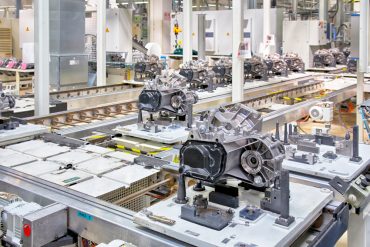
Employees believe AI-enabled robots are better equipped to handle career demands because they can offer personalized, unbiased recommendations.
We’ve known for a long time that professional growth opportunities are a great differentiator in a competitive job market. Plenty of job seekers are perfectly happy to leave a job over a lack of professional growth opportunities, and a majority will choose one job over another for the same reasons. Most workers don’t actually want to leave, however. If they can receive the professional development they crave at their current position, they may never leave. According to a new study from Oracle, a majority of workers believe that robots will help further their professional goals better than humans. Let’s explore what’s happening here.
Robots can make feedback accessible
According to the survey, 85% of employees want technology to play an essential role in their future. They believe in its power and want to use it to leverage skills for jobs in the digital transformation.
82% of employees believe robots are better equipped to handle these demands because of several specific reasons:
- Unbiased recommendations: Employees trust that robot sources can deliver unbiased and objective feedback about skills and performance.
- Personalization: Employees also want tailored resources designed to fill skills gaps and orchestrate development based on their individual goals.
- Efficiency: Robots never sleep and never take time off. This allows employees to start conversations and ask questions at any time with little wait time for a response.
In addition, talking to machines removes anxiety traditionally associated with approaching management with a request. In all, robots could offer a more accessible and dynamic professional growth option.
Professional development and artificial intelligence offer career differentiators
Fifty five percent would stay with a company for AI-supported professional development. Companies looking to distinguish themselves, reduce turnover, and remain competitive in recruitment could leverage this technology.
Companies looking to support a technology-literate workforce can implement AI into professional development to save costs and deliver personalized, targeted skills enhancement and feedback. It’s yet another way technology is becoming a partnership in human activity.





























